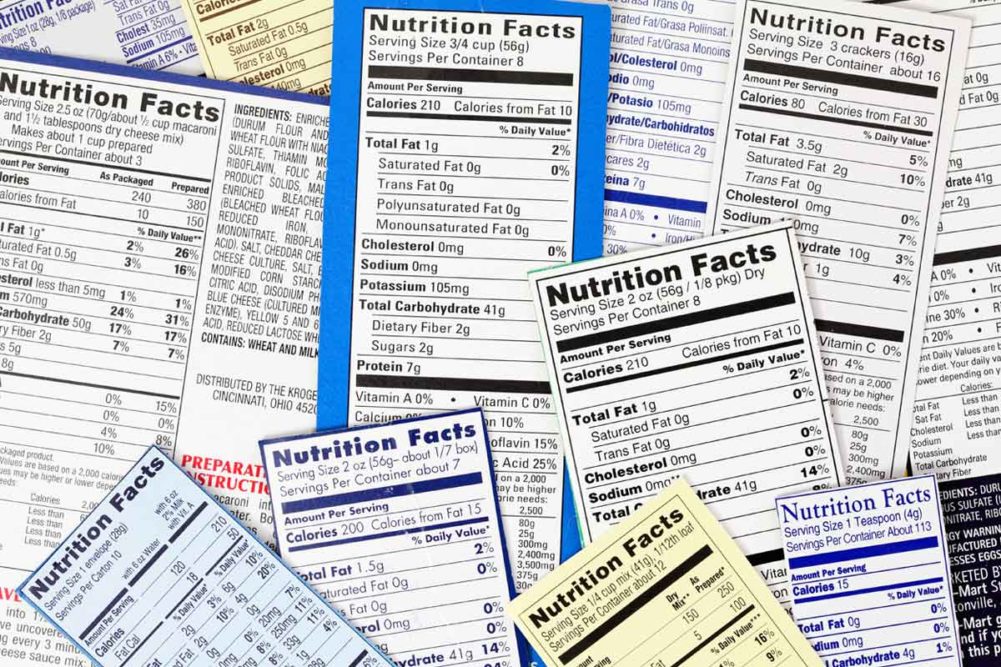WASHINGTON – The Food Safety and Inspection Service (FSIS) of the US Department of Agriculture (USDA) has initiated rulemaking to determine which meat products can bear a voluntary “Product of USA” statement. The proposed rule comes in response to petitions filed by the American Grassfed Association (AGA), Organization for Competitive Markets (OCM) and the United States Cattlemen’s Association.
“The members and supporters of American Grassfed will aggressively participate in the comment period when this rulemaking process opens,” said Carrie Balkcom, executive director of AGA. “We ask that the comment period be sooner rather than later to allow American farmers to continue to make America great, per the mantra of our executive branch and its appointees. For the USDA to continue to allow foreign products to be labeled ‘Product of USA’ continues to penalize American family farms and farmers.”
Current labeling policy permits meat and poultry products sourced from animals born, raised and slaughtered in another country but processed in the United States to be labeled as “Product of USA.” However, Rachel Edelstein, acting assistant administrator at the Office of Policy and Program Development for USDA, said in letters to the petitioners that the policy may be causing confusion in the marketplace.
“After considering the supporting information included in the petition, along with the supporting public comments, FSIS has concluded that permitting imported meat products that are further processed in a federally inspected establishment to be labeled ‘Product of USA’ may be misleading to consumers and may not meet consumer expectations of what ‘Product of USA’ signifies,” Edelstein said. “FSIS also agrees that to address these issues, the agency needs to establish clear parameters that prescribe which meat product may voluntarily be labeled with US origin statements, such as ‘Product of USA,’ and ‘Made in the USA.’”
FSIS also considered public comments that did not support the petition and concluded that the concerns about how country-of-origin labeling (COOL) could affect the livestock supply chains between the United States, Canada and Mexico, have merit. Many US processors use Canadian and Mexican cattle as the source animals for meat and meat products. Canada exports live cattle, hogs, sheep and goats to the United States for slaughter and processing. Mexico exports many cattle to the United States to be fed, slaughtered and processed.
Based on comments for and against COOL, FSIS decided to initiate rulemaking to limit “Product of USA” and certain other voluntary US origin statements to meat products derived from livestock that were slaughtered and processed in the United States rather than revise USDA policy as the petitioners had requested.
“The agency has determined that a voluntary US meat product origin labeling policy that focuses on where the product is made, i.e., where the livestock are slaughtered and processed, without regard to where the source animals were born, may more accurately reflect what ‘origin’ means with respect to meat products processed in the United States and will thus result in labels that are truthful and not misleading,” Edelstein wrote. “FSIS believes that the rulemaking process will allow the agency to develop a voluntary US origin labeling policy that addresses the diverse issues raised by the public comments in a manner that is consistent with the FMIA (Federal Meat Inspection Act).”
Angela Huffman, executive director of OCM, added, “Far too often, global monopolies control our regulatory system and almost guarantee the biggest cheaters win. We are encouraged that FSIS agrees with our concerns that the current ‘Product of USA’ labeling system causes confusion for consumers and takes money out of the pockets of the farmer. We want to thank FSIS for opening up the rulemaking process to right this wrong. Farmers, ranchers and consumers deserve fair and transparent markets.”



